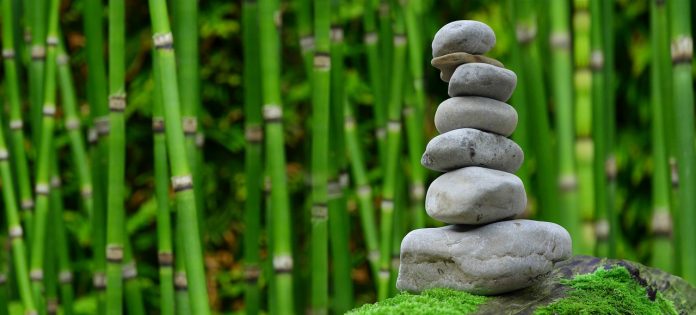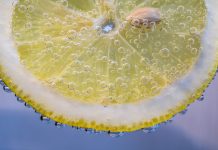
All my life (52 years) I have suffered from excessive tiredness after eating which has been a real nuisance especially in my job. I believe it is something to do with eating bread as sandwiches, toast, etc. seem to have the worst effect. Other carbohydrates, e.g. potatoes, seem to have much less effect. However, it is all very variable as I have good days and bad days. I am a light sleeper and I have a feeling that it is also something to do with the success of my previous night’s sleep as often the good and bad days alternate.
I have thought about blood sugar and have tried glucose tablets, but these don’t have any significant effect. I am not diabetic. I appreciate that it is normal to feel tired after a meal, but I am much worse than other people.
If you can throw any light on this I would be very grateful.
Large meals, carbohydrates, and an amino acid tryptophan induce sleep. After a large meal, blood pools in the gastrointestinal tract to pick up the nutrients from the meal. Excess carbohydrates work the same by increasing blood sugar levels. (Aside – some new research does show that about 50 gm of glucose – about 10 teaspoons which can be found in 12 oz soda- can improve memory in rats, but 100 grams or 25 grams have little effect on memory.) Turkey is high in tryptophan. No wonder most people feel sleepy after a large Thanksgiving meal. Do you eat turkey sandwiches? When you eat potatoes, is it with meat which is a good source of protein that will keep you awake?
I would suggest you switch what you eat at work to less carbohydrate and more protein and leave the higher carbohydrate foods (bread, grains, pasta, rice, starchy vegetables like potatoes, corn, peas and lima beans, fruit, milk) to the evening when you want to go to sleep. During the day, lean towards the lower fat protein sources like meat, fish, chicken, low-fat cheese, legumes (especially soybeans) and beans. Also, try smaller meals more often to lessen the effect large meals have on your level of awakeness.
If you have problems falling asleep at night, avoid all caffeine-containing foods for 10 hours beforehand. The caffeine effect lasts at least 10 hours. Foods that contain caffeine in addition to coffee and tea are cola containing beverages (Coke, Pepsi, Jolt, Mountain Dew, Dr. Pepper, Mr. Pibb, Mellow Yellow, Big Red, Aspen, Kick) and beverages or foods containing chocolate or cocoa.
Alcohol will cause sleep disturbances even though initially you may feel sleepy after a drink. So eliminate alcohol and see if your sleep pattern improves.



